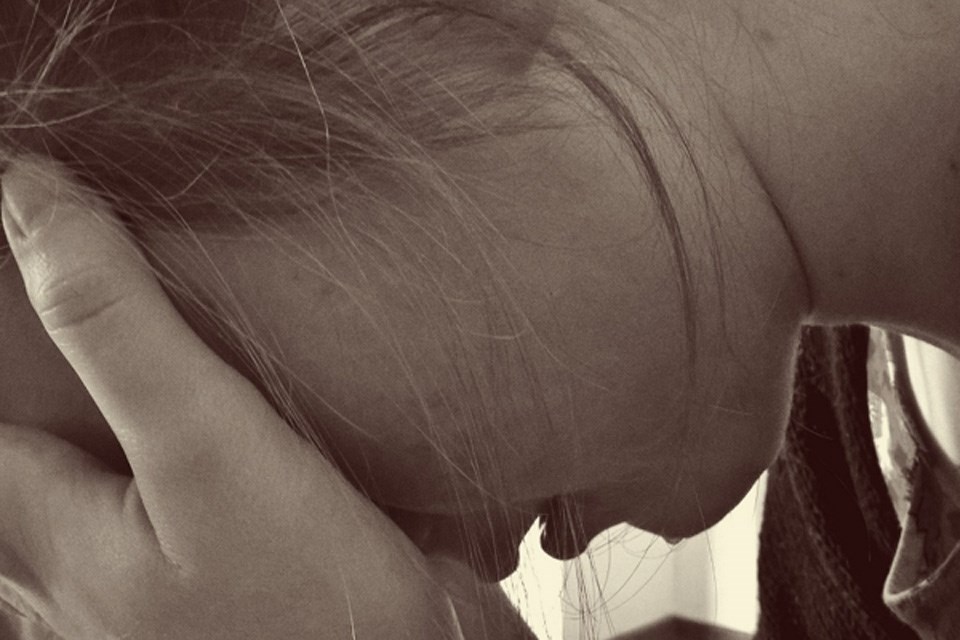However, periods of prolonged sadness, hopelessness, thoughts of self harm or suicide, and loss of interest in socializing or activities can indicate depression.
Anyone can become depressed. Sometimes it is triggered by a life event (grief, seasonal affective disorder, postpartum depression, victim of abuse). Other times it just strikes with no apparent cause. The most important thing to know is this: depression can be treated. It is an illness, not a personal failing.
Talk to a Medical Professional
The first step is to have your condition evaluated by a medical professional. Your family doctor, a therapist, a crisis counsellor – all are trained to recognize the signs of depression, so reach out. For many, this is the hardest step. Some feel embarrassed. Some feel like they have a good life so they should not feel depressed. Others may be conditioned to believe that introspection and clean eating will snap them right of that funk. Make no mistake – healthy eating and meditation can help, but depression requires guided medical treatment. This may take the form of medication (short-term or long-term), therapy, or both. Your doctor will decide on a course of treatment depending on your medical history and risk factors.
For example, perhaps the depression is triggered by grief. The course of treatment may include grief counselling. If the depression appears to have no immediate trigger, therapy can be used to help explore possible causes while medication lifts the mood. Those in serious peril of self harm or suicide may receive more immediate measure such as in-patient treatment.
Lifestyle Can Help
As mentioned above, introspection (meditation, journaling, engaging in nature walks, or a spiritual practice of your choice) helps with overall well-being. Eating clean, drinking water and avoiding drugs and alcohol help too. While these actions help address the symptoms and can aid with healing, the first step is to seek professional advice. Once evaluated by a medical professional, taking steps to increase well-being alongside prescribed treatment are important.
- Exercise has a powerful effect on mood – You don’t need to join a gym. Walking, yoga and stretching all help ease depression.
- Food and mood – Eating plenty of produce and whole grains, avoiding added and unrefined sugars and drinking plenty of water greatly improves mental health.
- Avoid alcohol when depressed – There is a natural inclination to reach for comforting foods and drinks when we feel down, but alcohol and substance abuse makes depression worse – not better. The short-term relief from symptoms is not worth the long-term effects on the mind and body.
Crisis Lines
There are times when no matter what you do to help yourself, the feelings of despair are overwhelming. For rapid assistance if feeling suicidal or wanting to self harm, call:
- Alberta Health Services
- 911
- Addiction Helpline – 1-866-332-2322
- Mental Health Helpline – 1-877-303-2642
- Canadian Mental Health Association
- 24 hour distress line: 780-482-4357 (HELP)
- Trusted friends or family members
Help is at Hand
When it comes to depression, you are not alone, and you do not have to suffer. Help is at hand so please reach out. Talk to your doctor and/or a therapist. Take care of your well-being. Call a crisis line if needed. You are worth it, and things can get better.
 This story was made possible by our Community Partners Program. Thank you Airdrie Denture Centre for helping to expand local news coverage in Alberta. Learn more.
This story was made possible by our Community Partners Program. Thank you Airdrie Denture Centre for helping to expand local news coverage in Alberta. Learn more.


